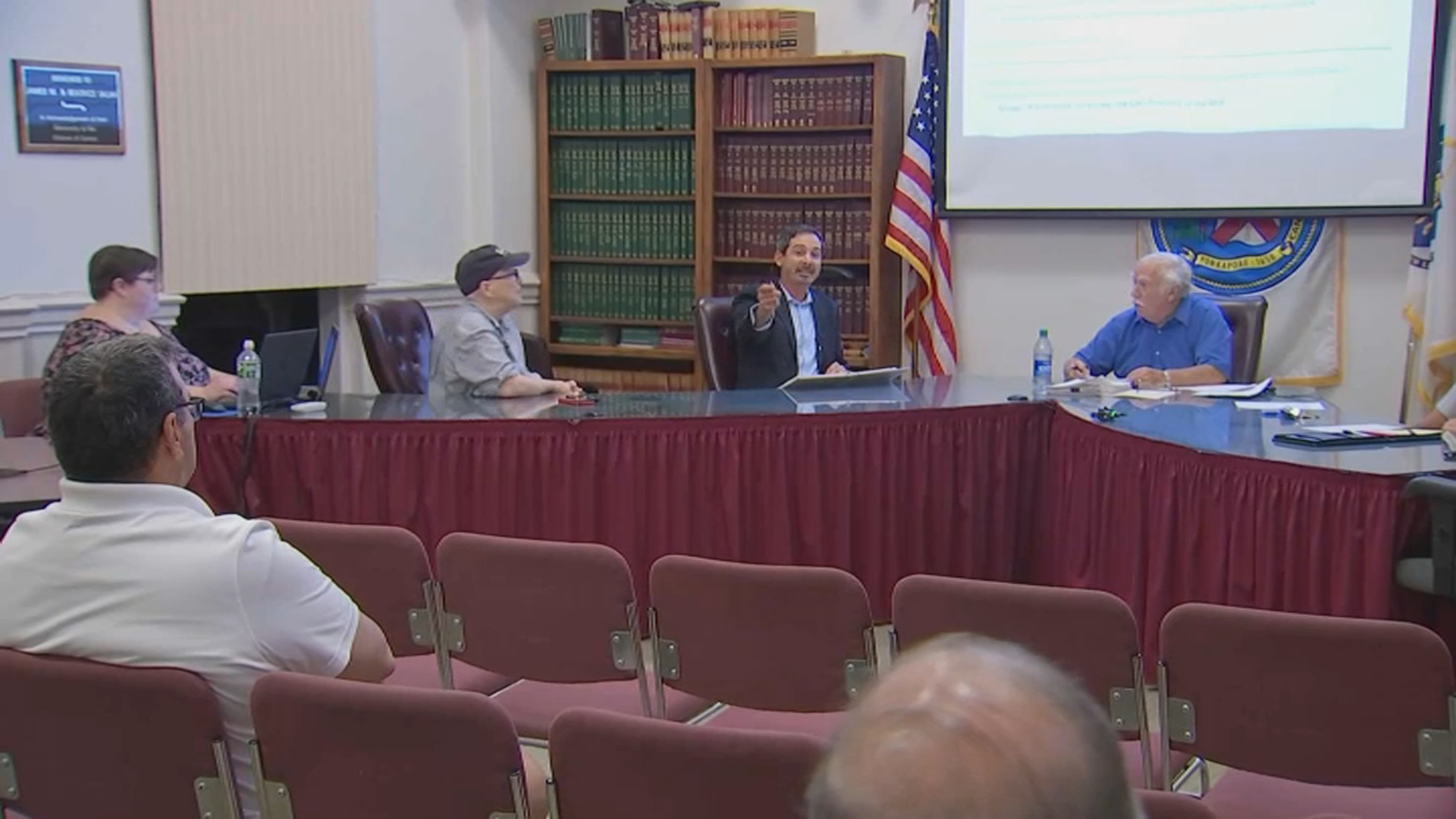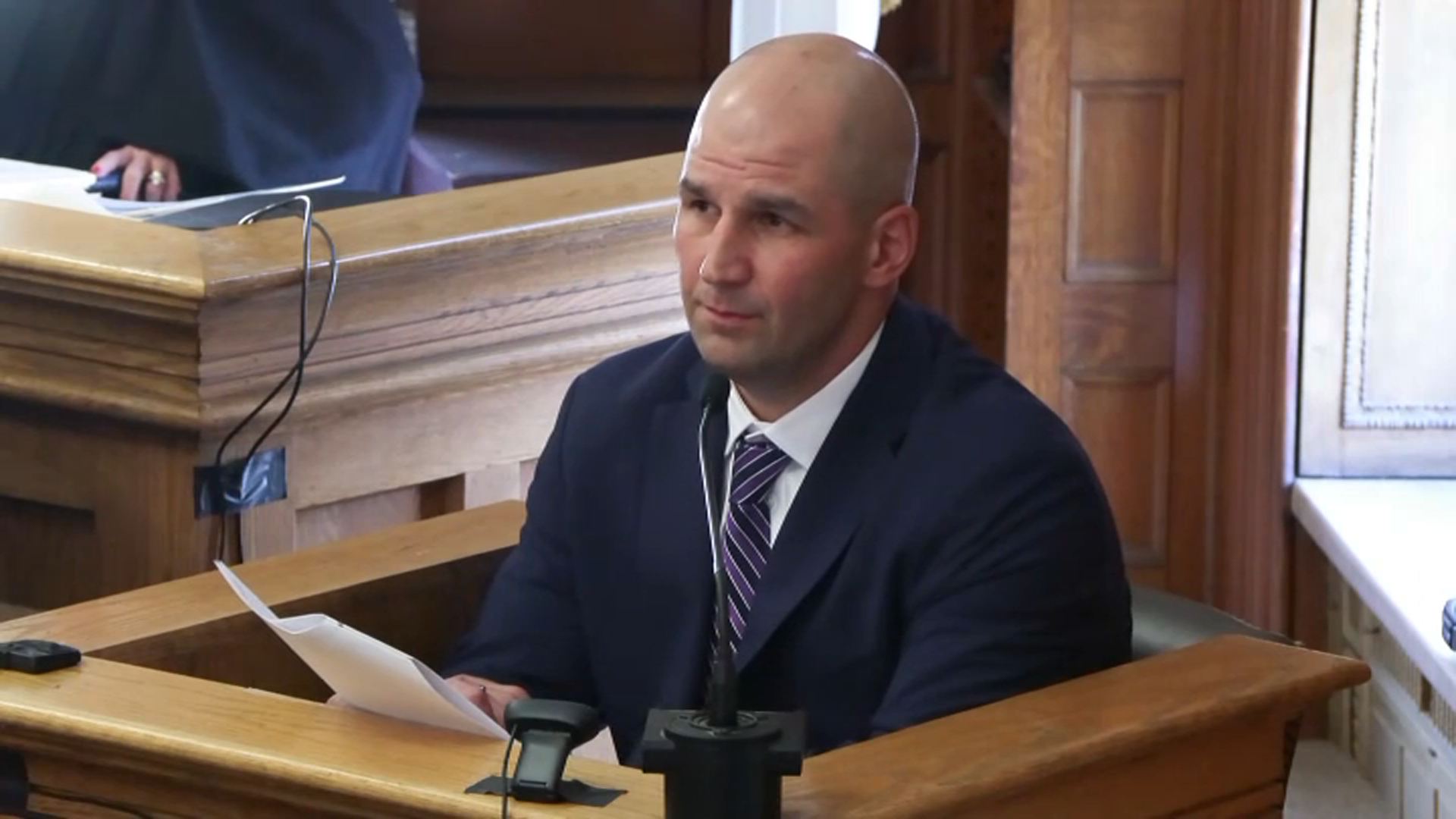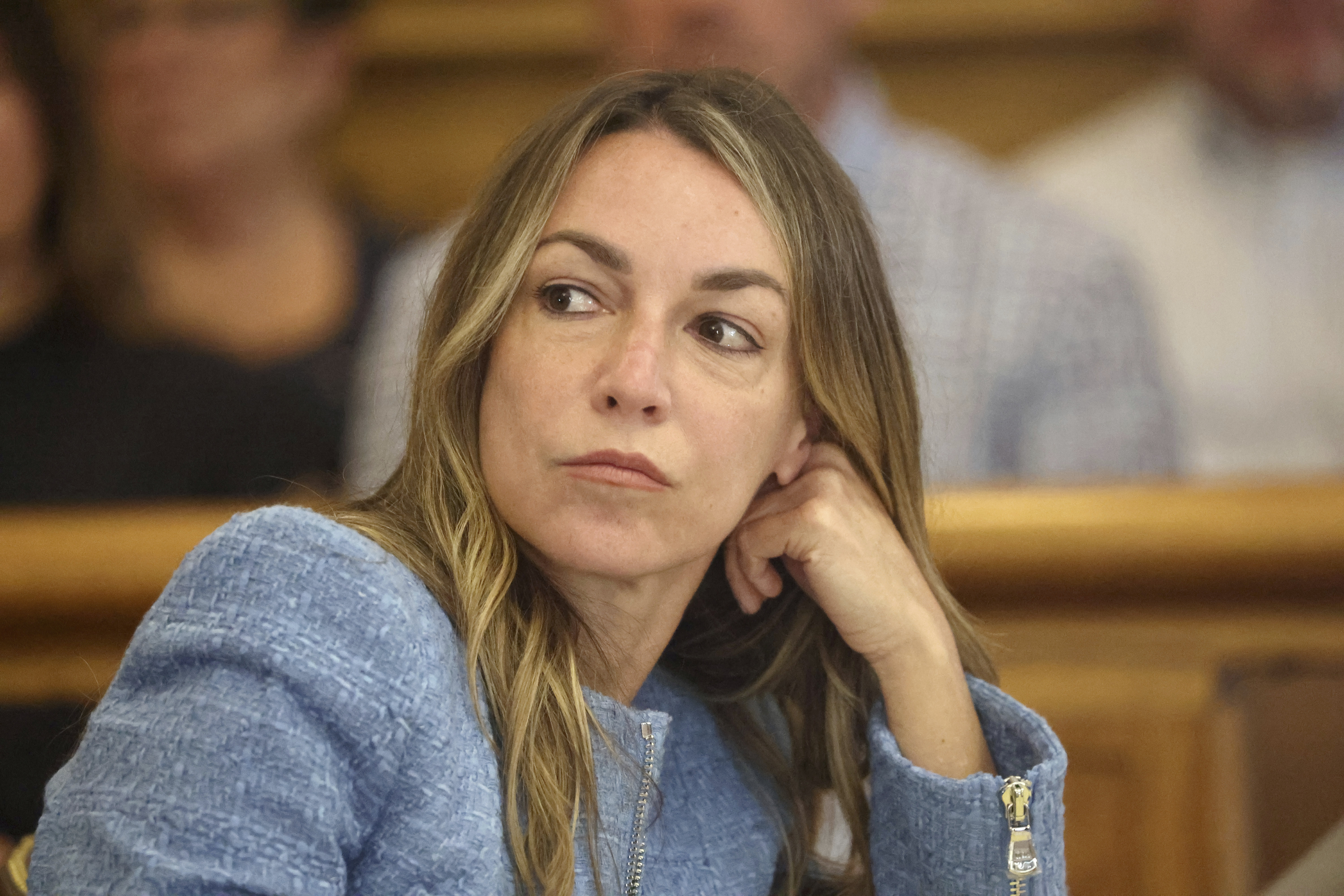The Massachusetts Supreme Judicial Court has agreed to review the Karen Read case, according to a new court filing.
"I hereby reserve and report this case, without decision, for determination by the Supreme Judicial Court for the Commonwealth," Supreme Judicial Court Justice Elizabeth Dewar wrote in Thursday's filing. "The parties shall prepare and file in the full court a comprehensive statement of agreed facts necessary to resolve the issues raised by the petition."
WATCH ANYTIME FOR FREE
>Stream NBC10 Boston news for free, 24/7, wherever you are. |
Read the court filing below:
Get updates on what's happening in Boston to your inbox. Sign up for our >News Headlines newsletter.
The court set a Sept. 25 deadline for Read's defense team to file its brief on the case, and prosecutors have until Oct. 16 to file theirs. Defense lawyers will then have until Oct. 25 to respond to the prosecution's filing.
Oral arguments are expected to take place sometime in November.
Read's lawyer, Martin Weinberg, said in a statement to NBC10 Boston Friday, "I am looking forward to presenting arguments to the highest court in the Commonwealth on issues of great importance relating to how the Double Jeopardy clause should protect Karen Read from being re-prosecuted for offenses that 5 jurors reported were the subject of acquittals at the prior trial."
Read's legal team had filed an appeal last week of Judge Beverly Cannone's refusal to dismiss two of the three criminal charges against her. You can read their full argument here.
Read, 44, is accused of ramming into her Boston police officer boyfriend John O’Keefe with her SUV and leaving him for dead during a January 2022 snowstorm. Her two-month trial ended in July when jurors declared they were hopelessly deadlocked and a judge declared a mistrial on the fifth day of deliberations.
Last month, Cannone rejected a defense motion to dismiss several charges, and prosecutors scheduled a new trial for January 2025. But Read’s attorneys appealed that ruling to the Supreme Judicial Court, arguing that trying her again on two of the charges would amount to unconstitutional double jeopardy.
Prosecutors said Read, a former adjunct professor at Bentley College, and O’Keefe, a 16-year member of the Boston police, had been drinking heavily before she dropped him off at a party at the home of Brian Albert, a fellow Boston officer. They said she hit him with her SUV before driving away. An autopsy found O’Keefe died of hypothermia and blunt force trauma.
The defense portrayed Read as the victim, saying O’Keefe was actually killed inside Albert’s home and then dragged outside. They argued that investigators focused on Read because she was a “convenient outsider” who saved them from having to consider law enforcement officers as suspects.
After the mistrial, Read’s lawyers presented evidence that four jurors had said they were actually deadlocked only on a third count of manslaughter, and that inside the jury room, they had unanimously agreed that Read was innocent of second-degree murder and leaving the scene of a deadly accident. One juror told them that “no one thought she hit him on purpose,” her lawyers argued.
But the judge said the jurors didn’t tell the court during their deliberations that they had reached a verdict on any of the counts.
“Where there was no verdict announced in open court here, retrial of the defendant does not violate the principle of double jeopardy,” Cannone said in her ruling.
Martin Weinberg, a lawyer for Read, said the appeal “raises substantial and, in some respects, unique issues regarding whether she is entitled to the protections of double jeopardy.”
Weinberg said in a statement that five jurors have disclosed that Read was acquitted on two of the charges against her and that no jurors had said otherwise, and therefore there had been no need to declare a mistrial on those two charges.
The Associated Press contributed to this report.




